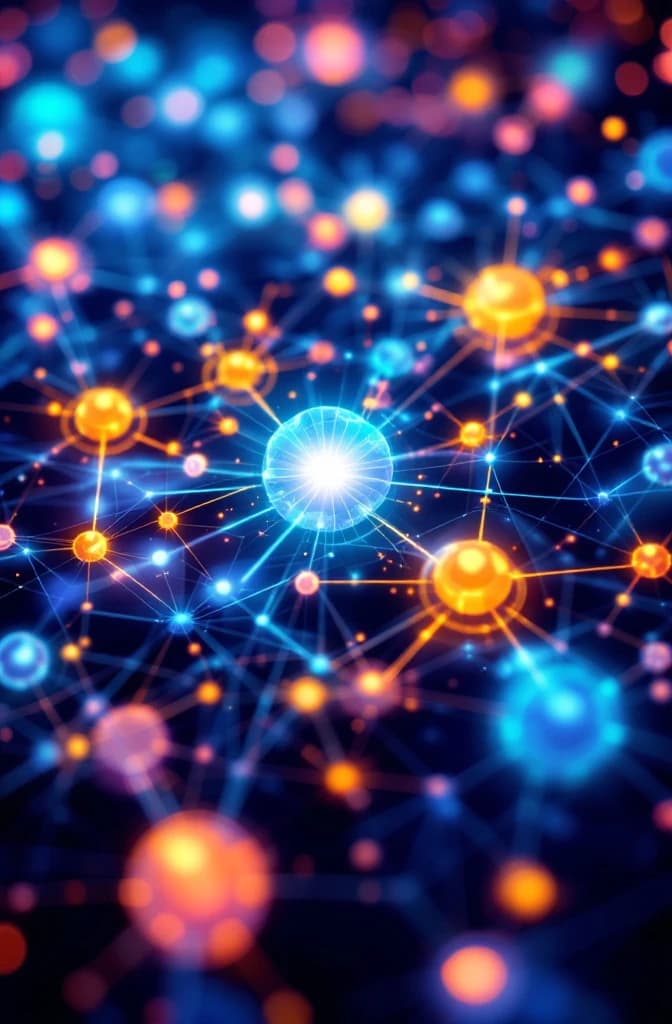
DAWN
Distributed Agents in a Worldwide Network
Distributed Agents in a Worldwide Network
A globally distributed architecture of autonomous AI agents that coordinate across edge, cloud, and peer-to-peer infrastructure to perform collaborative tasks while preserving data locality, scalability, and autonomy.
A globally distributed system of autonomous AI agents that coordinate, share models and data summaries, and jointly solve tasks across heterogeneous infrastructure under constraints of latency, privacy, and trust.
DAWN describes an architectural and operational paradigm in which many semi-autonomous agents—ranging from tiny edge models to large cloud-based controllers—operate together as a cohesive, decentralized system. Technically it builds on multi-agent systems (MAS) and distributed systems theory, integrating techniques from multi-agent reinforcement learning (MARL), federated learning, distributed optimization, and consensus/robustness (including Byzantine-resilient protocols) to enable cooperative decision-making over unreliable and heterogeneous networks. Key design challenges and research frontiers include scalable communication and coordination protocols, model synchronization and personalization (model distillation, parameter-efficient updates), incentive and game-theoretic mechanisms for cooperation, privacy-preserving learning (secure aggregation, differential privacy), fault tolerance, and secure identity/trust frameworks for cross-organization deployment. Practical applications span globally coordinated sensor networks and IoT orchestration, resilient supply-chain automation, decentralized content moderation and policy enforcement, collaborative scientific workflows, and real-time disaster response, where locality, sovereignty, and heterogeneous compute constraints make centralized solutions impractical or undesirable.
First used (approx.): 2018; gained broader popularity and practical traction around 2022–2024 as advances in edge-AI, federated learning, efficient on-device models, and renewed interest in autonomous agent systems enabled production-grade distributed agent deployments.
Contributors: conceptual and technical foundations arise from the MAS and distributed-systems communities (e.g., researchers such as Yoav Shoham and Michael Wooldridge for MAS theory; Leslie Lamport and Nancy Lynch for distributed algorithms), federated-learning teams (e.g., Brendan McMahan and collaborators), MARL and emergent-agent research groups at industry labs (OpenAI, DeepMind) and major universities, and engineering platforms that make large-scale heterogeneous orchestration possible (e.g., Ray/RISELab, Kubernetes and cloud providers). Standards, privacy/security researchers, and cross-industry consortia have also played key roles in specifying trust, data-sovereignty, and interoperability requirements that enable DAWN-style deployments.
